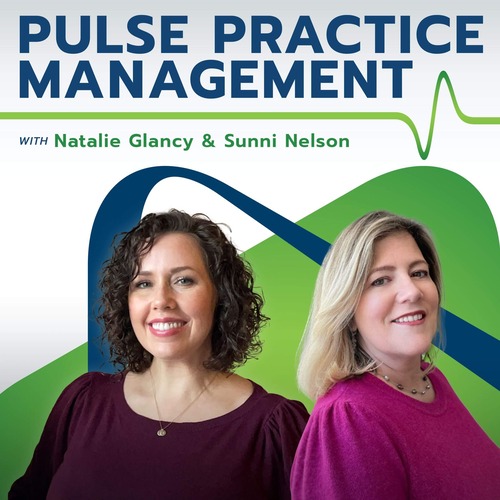
 In September, the American Medical Association announced the release of the 2019 Current Procedural Terminology (CPT) code set.
“The CPT code set is the foundation upon which every element of the medical community—doctors, hospitals, allied health professionals, laboratories and payers—can efficiently share accurate information about medical services,” said AMA President Barbara L. McAneny, M.D.
In September, the American Medical Association announced the release of the 2019 Current Procedural Terminology (CPT) code set.
“The CPT code set is the foundation upon which every element of the medical community—doctors, hospitals, allied health professionals, laboratories and payers—can efficiently share accurate information about medical services,” said AMA President Barbara L. McAneny, M.D.
How Changes Are Determined
The CPT Editorial Panel meets three times each year to ensure that CPT codes remain up to date and reflect the latest medical care provided to patients. The panel is comprised of 17 members:- Eleven (11) physicians nominated by the national medical specialty societies and approved by the AMA Board of Trustees; one of which is reserved for expertise in performance measurement.
- Four (4) physicians nominated by third-party organizations; One from each of the following: Blue Cross and Blue Shield Association, America’s Health Insurance Plans, American Hospital Association, and CMS.
- The two (2) remaining seats are reserved for members of the CPT Health Care Professionals Advisory Committee.
What’s New for the 2019 CPT Code Set
CPT codes are updated annually and effective for use on Jan. 1 of each year. For 2019, there are 335 code changes in the new CPT edition. “The latest annual changes to the CPT code set reflect new technological and scientific advancements available to mainstream clinical practice, and ensure the code set can fulfill its trusted role as the health system’s common language for reporting contemporary medical procedures,” said Dr. McAneny. “That’s why we believe CPT serves both as the language of medicine today and the code to its future.” The most significant changes for 2019 reflect the increased use and future potential of connected health tools, such as telehealth. These include three new remote patient monitoring codes, as well as two new interprofessional internet consultation codes. Additional changes include new and revised codes for the following:- Skin Biopsy
- Fine Needle Aspiration Biopsy
- Adaptive Behavior Analysis
- Central Nervous System Assessments
- Psychological and Neuropsychological Testing

